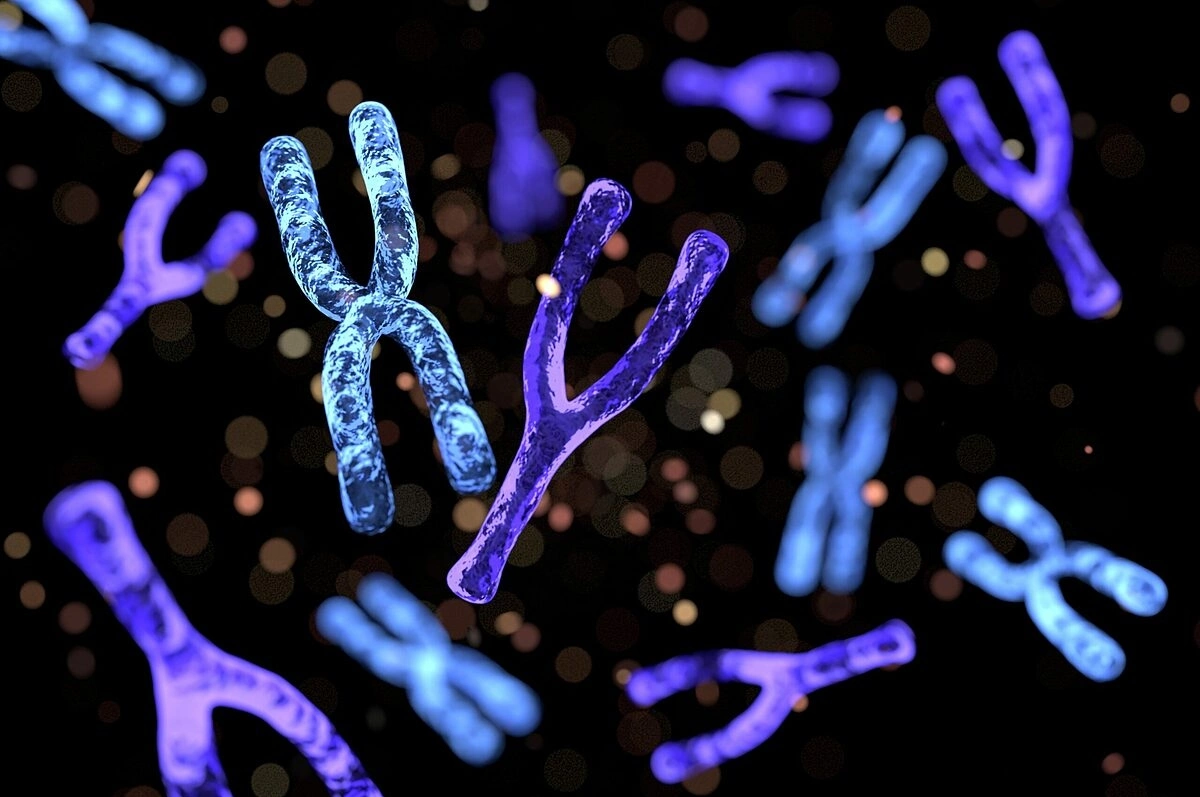On 20/8, Nghe An Maternity and Children's Hospital reported a man's semen analysis showed azoospermia (absence of sperm), and an ultrasound revealed small testicles.
Suspecting a genetic abnormality, doctors ordered further tests. Results showed a deletion in the AZF region of the Y chromosome, crucial for sperm production. The man also had a 46,XX karyotype with the SRY gene, which determines male sex.
He was diagnosed with de la Chapelle syndrome, a rare genetic cause of male infertility. Those with this syndrome appear male externally but carry the typical female chromosome set (46,XX). This condition prevents sperm production.
 |
Illustration of X and Y chromosomes in the human body. Image: IAI |
Illustration of X and Y chromosomes in the human body. Image: IAI
46,XX male sex reversal is rare, occurring in about 1 in 20,000 newborn boys. These boys have female sex chromosomes (XX) instead of the usual male (XY), yet develop physically as males.
About 90% of affected boys have normal external genitalia, making early detection difficult. Diagnosis typically occurs during puberty due to issues like underdeveloped sex characteristics, gynecomastia (breast enlargement), or infertility.
The disorder usually arises from a minor error during sperm formation in the father. A crucial gene called SRY (sex-determining region Y), normally on the Y chromosome, gets misplaced onto the X chromosome. During conception, the baby receives one X chromosome from the mother and the SRY-carrying X chromosome from the father. Despite having two X chromosomes, the SRY gene triggers male development.
Individuals with this syndrome are often shorter than average. Mentally, they develop normally. However, they may have congenital urinary tract abnormalities, such as undescended testicles.
Thuy Quynh












